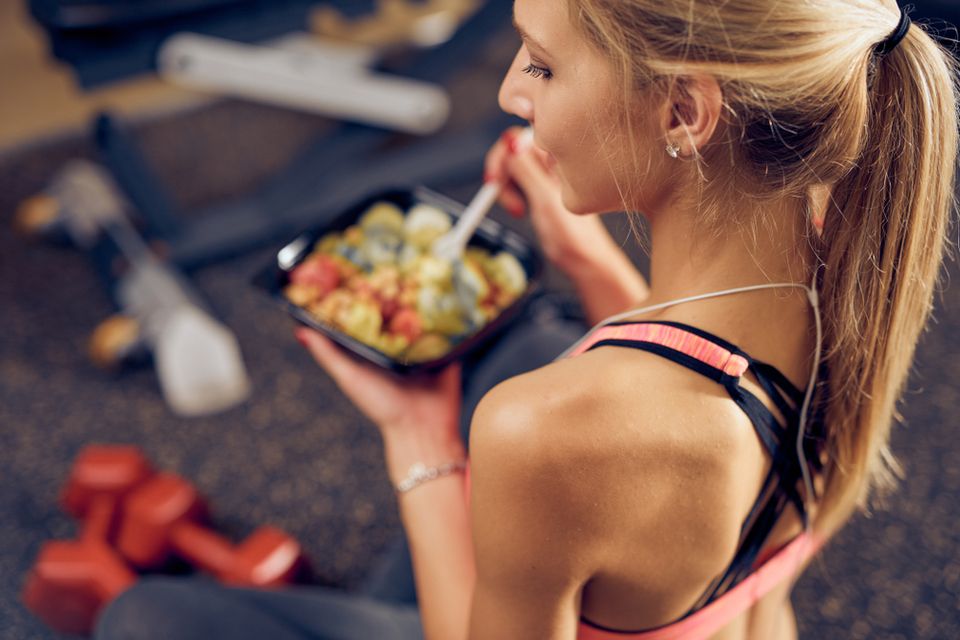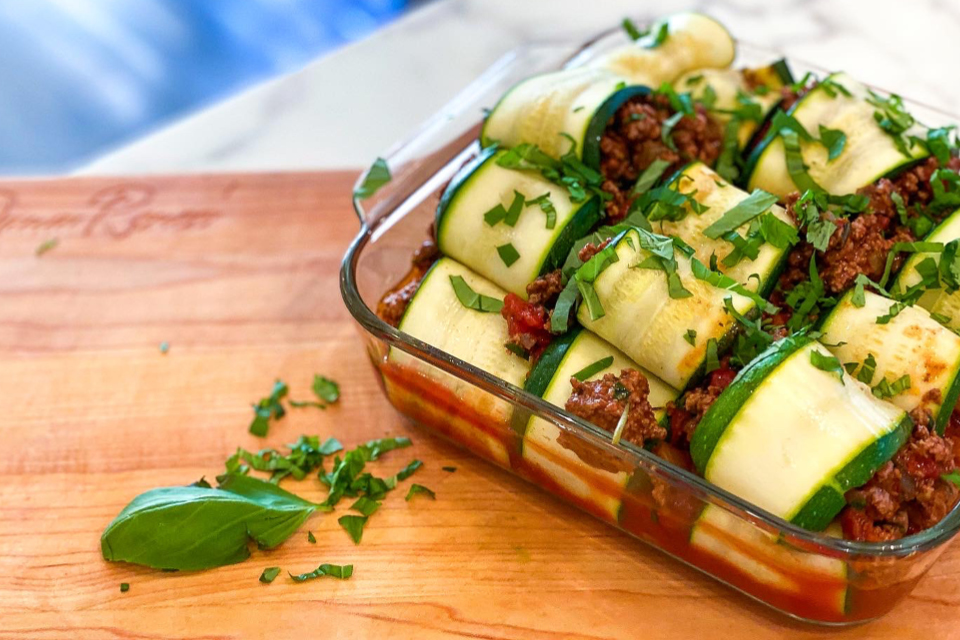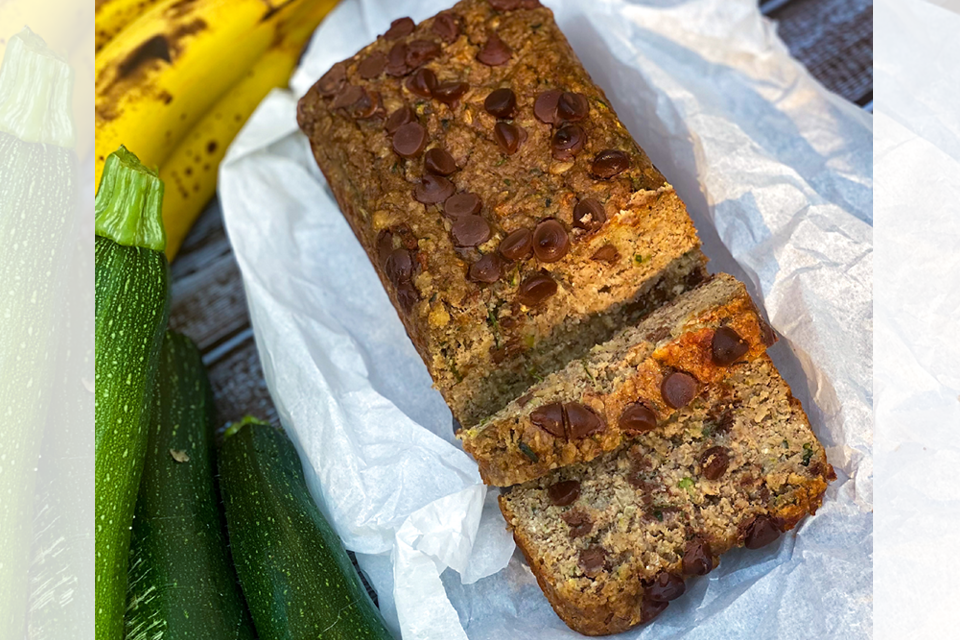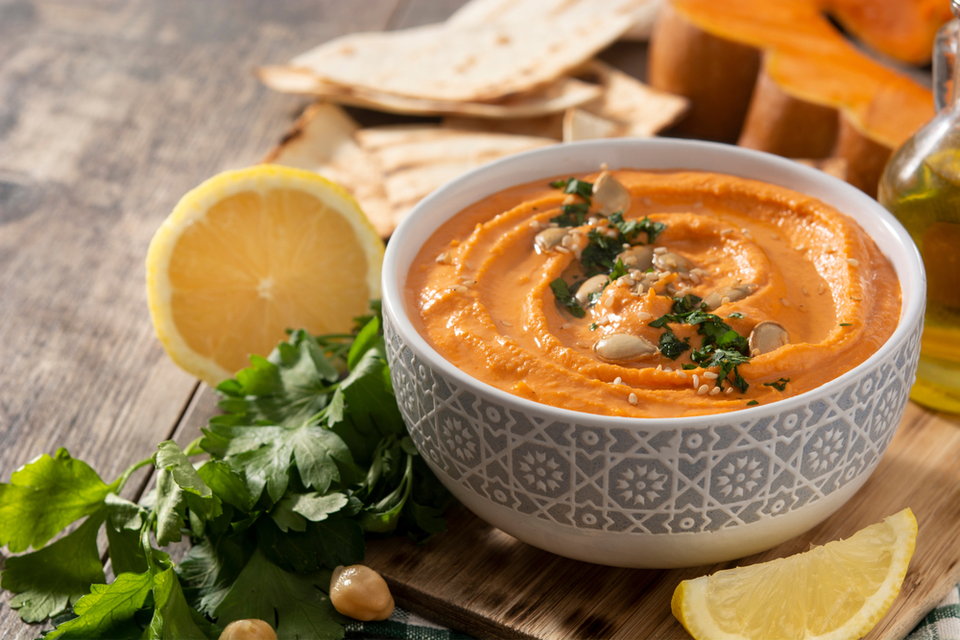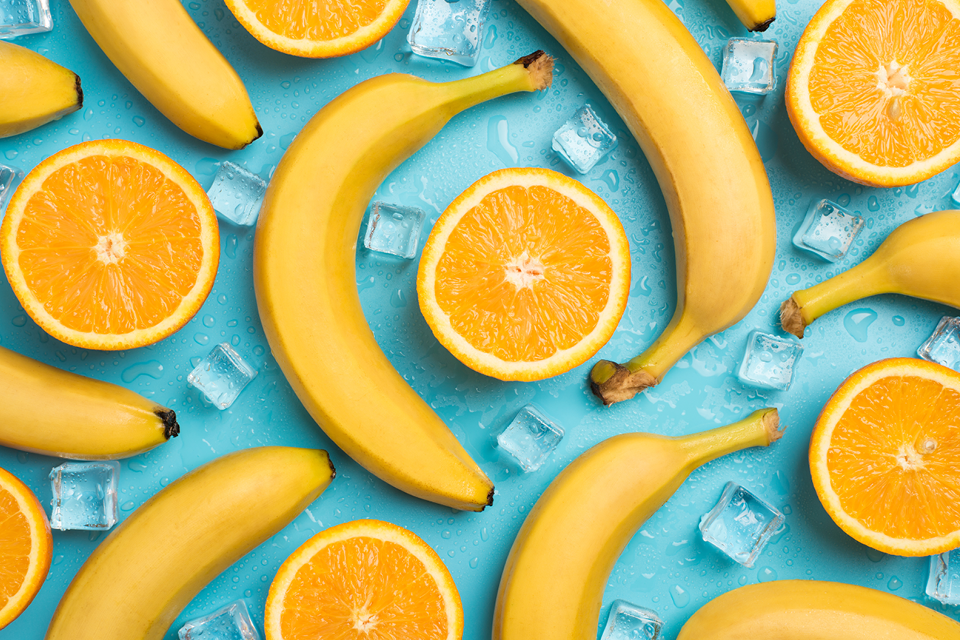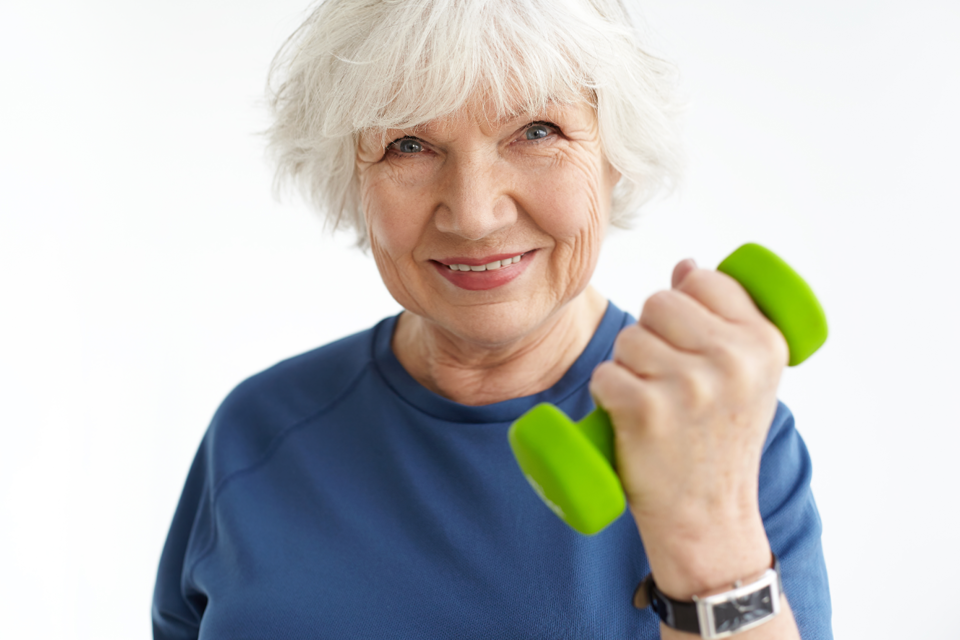According to Nancy Clark, MS, RD, in her book, Sports Nutrition Guidebook, what you put in your body after a workout is just as important as what you put in it before your workout. She considers post-workout nutrition an integral part of your training program and it shouldn't be taken lightly. Making wise food and fluid choices post-exercise and throughout the day helps to prepare your body for the next workout.
Why should I care about post-workout nutrition?
"Adequate post-workout nutrition is an important component of an effective overall fitness or training regimen, and an absolute necessity for athletes and fitness enthusiasts who routinely take on intense exercise sessions lasting longer than an hour," said registered dietitian Tracy Gillespie, MPH. Referencing the Sports Nutrition Guidebook, she added, "What you eat after an intense training session or competition directly affects your recovery; specifically muscle building from protein intake and replenishment of glycogen stores from carbohydrate intake."
What does that mean? Simply put, when you engage in strenuous exercise, your body uses up your pre-workout meal immediately and then it goes for the carbohydrate (glycogen) and protein stored in your muscles. These stores need to be replenished right away so you have the energy to function and so your muscles can rebuild and repair themselves faster. If you aren't getting proper post-workout nutrition, your training gains could come to a screeching halt. More importantly, if you don't replenish glycogen and protein stores, your body will cannibalize its own muscle to fuel itself. Lost muscle means a slower metabolism and potential weight gain.
RELATED: Lose Weight & Gain Muscle At the Same Time!
What should I do to ensure I get optimal post-workout nutrition?
Multiple – and some very strong – opinions exist about what you should eat after your workout. Some say supplements rule. Others say there is no substitute for whole foods. But there can be room for both. Think whole foods first and use supplements as the name implies, to supplement your diet.
Keep in mind, however, that some supplements like protein powders are designed to quickly digest and get into your bloodstream faster, which is particularly important when maximizing the post-workout window. Whole foods may digest slower and take longer to reach your bloodstream and may not be optimal if you are concerned with quick recovery. This is especially important for high-intensity athletes who may be training more than once per day.
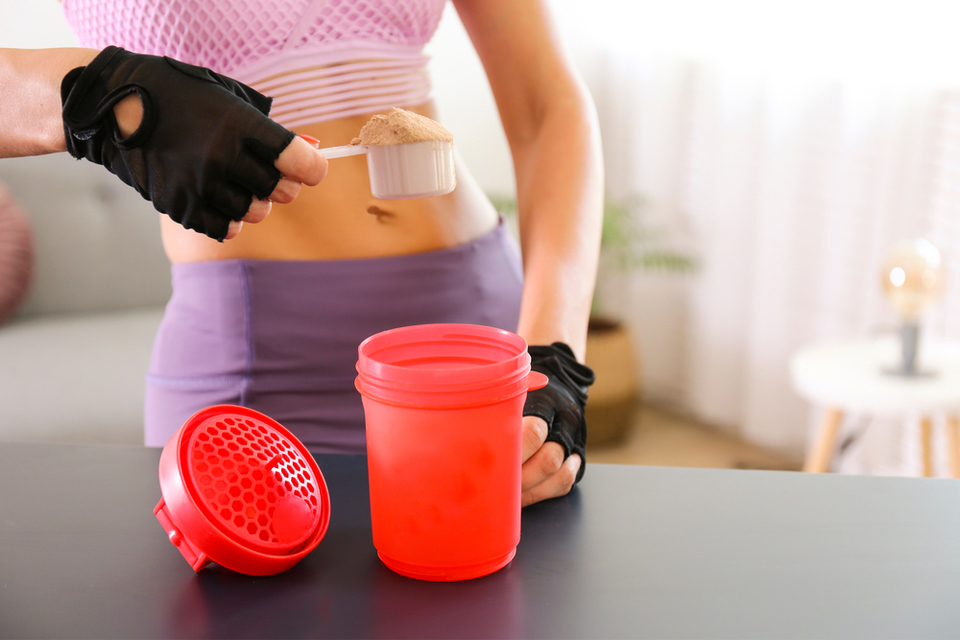
Suggested Supplements
Quality supplements to consider for post-workout nutrition include protein, branched-chain amino acids (BCAAs), glutamine, electrolytes, antioxidants and fast-acting carbohydrates. At a minimum, consider supplementing with a quality whey protein isolate (because isolate protein gets into your system faster than whey casein and other forms of protein), a carbohydrate supplement that contains fast-, medium- and slow-absorbing carbohydrates, and L-glutamine.
L-glutamine makes up the majority of amino acids in your muscles and is important for your immune system. Most L-glutamine never makes it into your bloodstream though because it gets used in your intestinal tract, which is good for helping your immune system but doesn't help with muscle recovery. A quality glutamine supplement may help!
Suggested Whole Foods
Whole foods are natural and contain vital nutrients that aid in replenishing glycogen and muscle protein. The best whole food options for post-workout nutrition include the following:
- Carbohydrate: fruit, fruit juices, fruit smoothie, whole-grain cereal (like Cheerios), crackers, sweet potatoes, yams, squash, pumpkin, oatmeal, apple sauce, baby foods (yes, baby foods!), squeezable fruit, whole grain pasta or bread, and natural sweeteners such as honey.
- Protein: Low-fat milk, lean meats such as chicken breast and white fish, hard-boiled eggs, almond butter, Greek yogurt, beef or turkey jerky, smoked salmon and protein powder.
The most important thing to know here is that you need a mix of protein and carbohydrates after an intense workout. According to Clark, "Consuming carbohydrates stimulates the release of insulin, a hormone that helps build muscle and shuttle the carbohydrate into muscle cells to replenish depleted glycogen stores. Carbohydrate combined with some protein creates an even better response and also reduces cortisol, a hormone that breaks down muscle."
The correct ratio of carbohydrates to protein also varies depending on who you ask and your nutritional needs. Some say one gram carbohydrate to one gram of protein, others suggest using a 3:1 ratio of carbohydrate to protein. It is important to note that endurance athletes typically need more carbohydrates after intense training sessions than weight-training individuals.
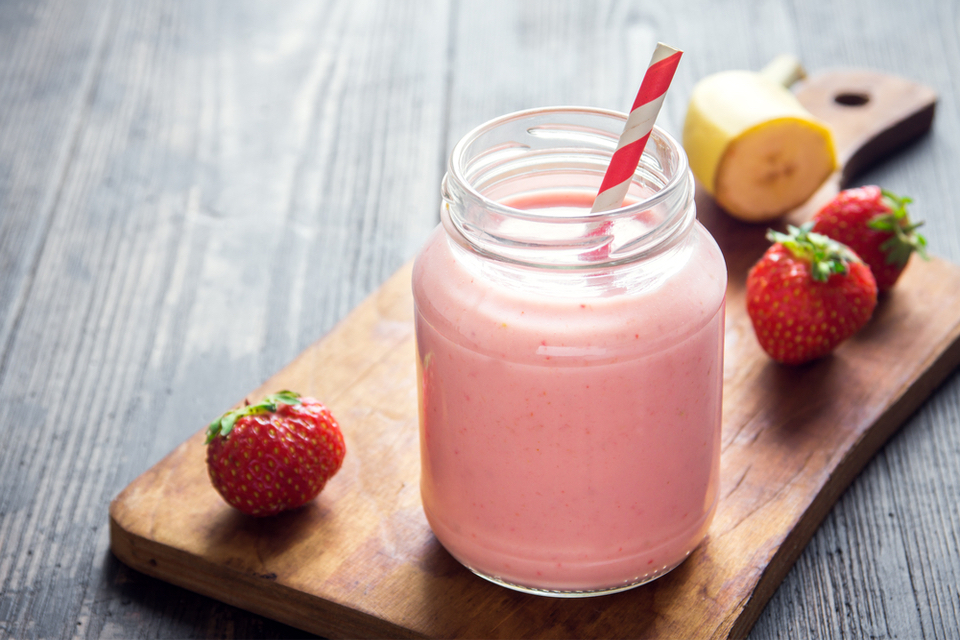
Here are some examples of post-workout nutrition combinations that fit with the 3:1 rule:
- 1 cup instant oatmeal with 1 Tbs honey + 2 scrambled eggs
- 2 cups Cheerios + 2 cups milk
- 6 oz plain fat-free Greek yogurt with 1 Tbs honey + 1 medium apple
- Fruit smoothie (6 oz fat-free Greek yogurt + 1 banana + 1 1/2 cups halved strawberries)
- Turkey sandwich (2 slices bread + 2 oz deli turkey) + 1 cup grape juice
Lastly, you generally want to steer clear of fats for your post-workout meal because fats slow down the absorption of protein and carbohydrates.
When is the best time to get my post-workout nutrition?
Information varies on the exact time frame for post-workout nutrition, but generally, it is best to consume nutrients immediately following your workout up to an hour post-workout. You may consider doing a protein shake with carbs and glutamine right after you work out, then get a nutritionally sound meal combining lean protein and carbohydrate within one to two hours later. Post-workout nutrition is vital after an intense training session when depleted muscles are the most primed to absorb carbohydrates and protein.
By committing to a sound post-workout nutrition plan and getting the right foods at the right time after your training sessions, you will get maximum results. You'll be stronger, fitter, better. And what athlete doesn't want that?

